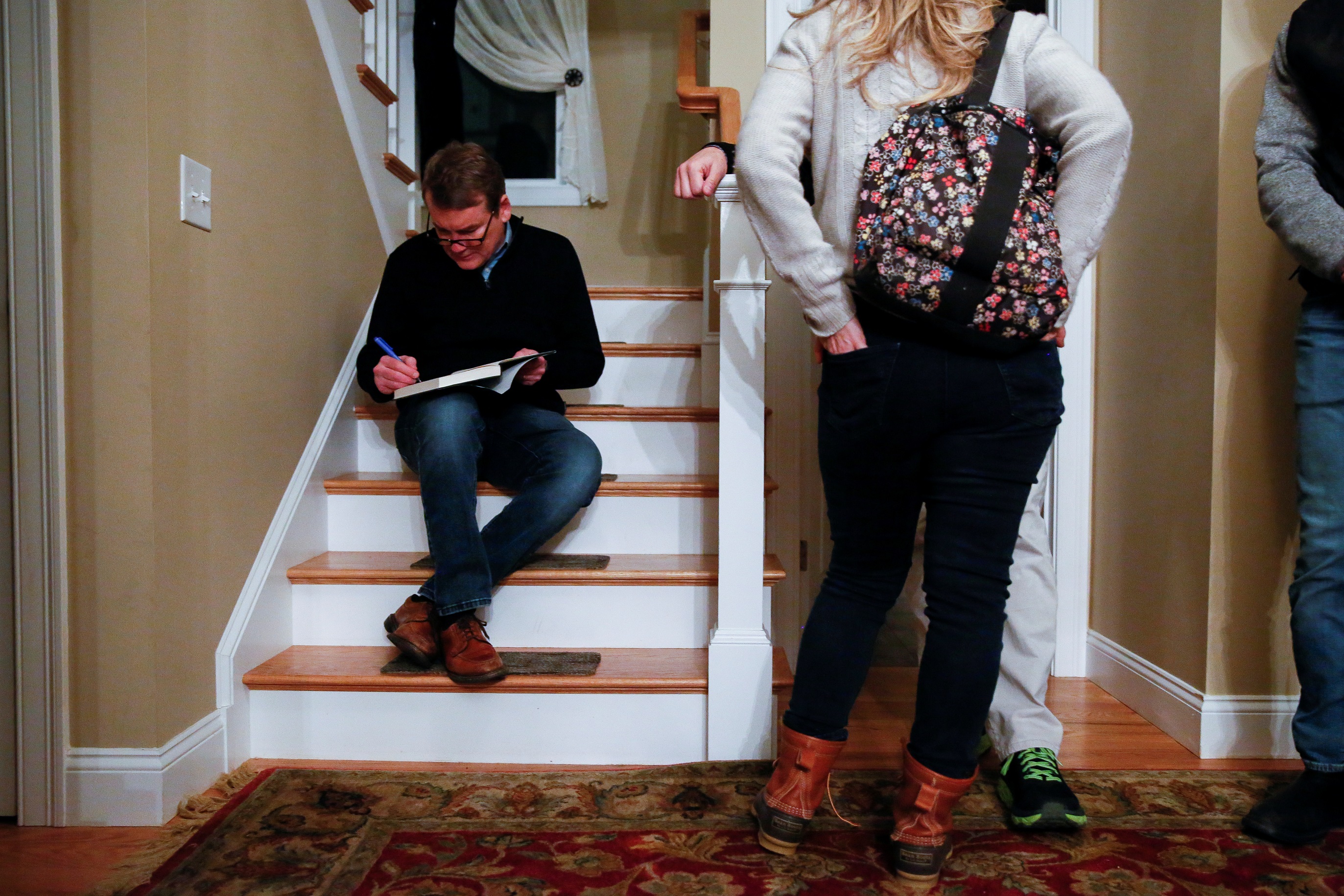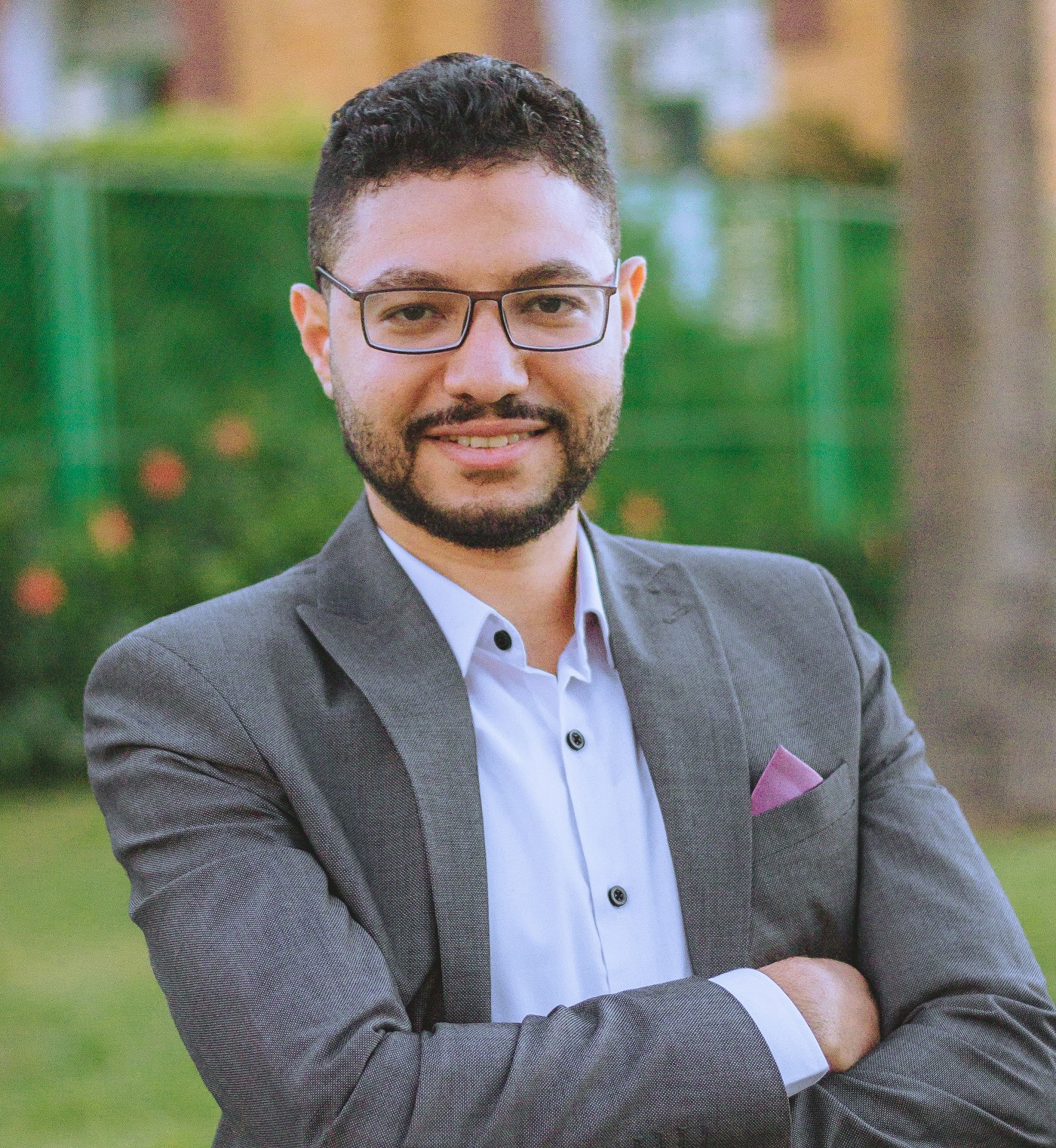-
لن يقرأ لك الجمهور إذا كان مقالك معمّقًا بالمعلومات بهذا الشكل.
-
إذا أردت أن ترتفع أسهمُ منصتك، فعليك أن تبسّط معلوماتك وإن أخللتَ بالدقة.
-
"الترافيك والتراند" لموضوعات الساحة، هما من يحكم عملية النشر.
-
عليك ألا تطيل مقالك، فالمقالات الطويلة لا يقرؤها أحد في عصر الصحافة الإلكترونية.
إذا كنت قد عملت يوماً في مجال الصحافة، فلا بد أنك سمعت هذه الجمل أو مثيلاتها، إذ ثمة شعور بأن على الصحفيين أن يخففوا من التعمق المعلوماتي في منشوراتهم، ذلك التعمق الذي يتسم به العمل البحثي.
فالعمل البحثي مصنوع أساساً لجمع المعلومات وترتيبها، ومشاهدة الظواهر وتحليلها، والتعمق في الرصد والتحليل بلغة جافة غرضها الرئيسي حفظ المعلومة دون بهرجتها. أما الصحافة فمهمتها عرض الخبر بلهجة سلسلة ميسورة، ودون الخوض في المسائل المتخصصة.
ومع انتشار وسائل التواصل الاجتماعي، زادت هذه الحالة رغبة المنصات الصحفية في البعد عن المعرفة المعمقة، حيث الشعور الدائم بأن جمهور "السوشيال ميديا" يميل إلى الـ "تيك أواي" ويَمَلّ من "المعرفة المتأنية أو المعمقة". كل ذلك جعل الصحفي العربي -محصورا في أغلب الوقت بين مواد الترافيك والتراند، أو بين مواد بسيطة سهلة الفهم لا تحتاج إلى تعمق وإعادة رسم من جديد.
ومع وسائل التواصل الاجتماعي، تخطى الأمر مجرد الصحافة، وأصبحت بشكل عام تُمثل عائقا أمام "القراءة الطويلة التي كانت في يوم من الأيام أسلوبًا أساسيا للتعليم والترفيه، حتى صارت هي الاستثناء وليست القاعدة، وأجبر انتشار المعلومات المجانية على التخلي عن نماذج الأعمال ذات الجودة على حساب كمية المعلومات".
لكن الأمر سيختلف نسبياً في السنوات الأخيرة، إذ شهد المحتوى العربي طفرة نوعية في البعد المعرفي الجاد نوعا ما داخل الصحافة. وقد حققت هذه الطفرة حالة من النجاح نسبيا، وهو ما أعاد الجدل إلى المسلّمات حول جمهور "السوشيال ميديا" والوجبة المعرفية التي ينبغي أن يتناولها، وتعالت الأصوات بالحديث عن تجسير الهوّة بين "البحث" و"الصحافة".
والسؤال الآن: كيف يمُكننا تجسير هذه الهوة؟ وما الصفات اللازمة داخل العمل الصحفي للسعي قدُما في هذا النمط من الصحافة؟
كسر المألوف وأهمية الأكاديميا
ترصد عدد من الإحصائيات الصحفية الحديثة إقبالا كبيرا بين القراء على الصحافة ذات النمط الطويل أو الصحافة المتأنية، تلك التي تحوي معلومات أكثر ثراء من الصحافة العادية من جهة، وتكون أطول في عدد كلماتها من جهة أخرى. كما أن محركات البحث تساهم في زيادة انتشار مواد "النمط الطويل" أكثر من المواد القصيرة لإمكانية ظهورها في البحث أكثر من غيرها، وهو ما يجعل معدل انتشارها أوسع.
"والنمط الطويل شكل من أشكال الكتابة الصحفية يتوخى العمق وإشباع القارئ. وفي العادة يتّسم هذا الأسلوب بالعمق، واللغة السردية، والمنظور الجديد لقضية ما، سواء كانت تجري في الوقت الحقيقي، أو حين تناول قضية يعتقد الجميع أنها قد انتهت، لكن من منظور مختلف".
ولا نهدف في هذا المقال إلى التفصيل في ماهية صحافة "النمط الطويل" أو "الصحافة المتأنية"، وإنما نريد الإشارة إلى أن حضور هذا النمط عزز من حضور الأشكال البحثية بين يدي القراء، إذ تعتمد الصحافة المتأنية أصالةً على تتبع الموضوع محل البحث وتشابكاته المتنوعة، وأبعاده المجتمعية والسياسية، فضلا عن التاريخية والفكرية، بما يتطلبه من مطالعة للمراجع والأعمال البحثية السابقة، وهو ما يتقاطع بالضرورة مع طريقة الأبحاث الأكاديمية.
لكننا، وبمقارنة المحتوى الصحفي العربي بنظيره الإنجليزي فيما يخص الصحافة البحثية، نجد فقر المحتوى العربي مقارنة بنظيره الإنجليزي في هذا الباب. ونقصد بالصحافة المعرفية البحثية هنا "تحويل المعلومات البحثية والخلاصات الأكاديمية من أروقة المكتبات والأوراق البحثية، إلى لغة صحفية مبسطة يمكن للجمهور العادي التعاطي معها والاستفادة منها، دون الإخلال بها نتيجة الإيغال في التبسيط".
وفي وسط هذا العمل المتشابك بين البحث والصحافة، فإن أمانة الكلمة تدفع الصحفي الجاد إلى تحمل مسؤوليته كاملة أمام قرائه فيما يتعلق بالمعلومات المعرفية التي يعرضها عليهم، لا سيما وقد باتت وسائل التواصل أحد المصادر الأساسية في الحصول على المعلومة لدى قطاع كبير من الشباب، وهو ما جعلها مليئة بالمعلومات الخاطئة والأفكار الزائفة كذلك.
من الأكاديميا إلى الهاتف الذكي
من أشد العقبات التي تواجه الصحفي المشغول بالعمل الصحفي البحثي، محاولة كتابة نصه بلغة سلسة ميسورة، وهي بالضرورة تختلف عن الكتابة البحثية التي لا تضيع المضامين العلمية المعمقة بالتبسيط، في اختلاف مع رؤية العمل الصحفي.
وهذا الأمر لا يعني بالطبع أن تتحول الصحافة إلى عمل بحثي أكاديمي خال من روح الكتابة الصحفية السلسلة، وإلا فقدَت أهم ما يميزها. ولا يعني كذلك، كتابة الأعمال البحثية الأكاديمية على الطريقة الصحفية التي تميل إلى التبسيط والاستهلاك، وإنما يعني محاولة تجسير الفجوة بين البحث والصحافة حتى يتسنى استهداف أكبر فئة من الجمهور.
لنحاول إيضاح أبرز الملامح التي تحسن مراعاتها لتحديد هوية تحريرية للصحافة البحثية:
"الشريحة المستهدفة"، وهي في هذا النمط لن تكون -غالبا- من فئة الباحثين عن المعلومة السريعة، وإنما من فئة القراء المدققين خلف المعلومة المجردة، والراغبين في معرفة ما وراء الأحداث.
"العمل المتأني"، فليس شرطا أن يخرج الموضوع في يوم وليلة كما في صحافة الخبر مثلا، ولا ينبغي أن يخرج مع كل خبر سريع "تراند" معالجة جاهزة في اللحظة ذاتها، بل قد يستغرق العمل أسبوعا أو أكثر لإعداد مادة واحدة، وقد يمتد لشهر كامل حسب الموضوع، والوقت اللازم لإنضاجه.
"اللغة"، إذ ينبغي أن تكون وسطا بين لغتيْ البحث والأكاديميا، فلا تخل بالمعنى الأكاديمي، ولا تُصعّب من المفهوم لدى القارئ العادي، وهو ما يتطلب تدريبا على هذا النمط الجديد من الكتابة. ومن غير المحبذ الإكثار من استخدام المصطلحات الموغلة في التخصصية في النص الصحفي العادي، وهو ما يقع فيه الصحفيون من ذوي الخلفيات البحثية بصورة خاصة. لكن، إذا استدعت الضرورة استخدامه فينبغي شرحه بعبارة مختصرة وسهلة.
"الإحالة المرجعية"، فغالبا ما يكون اهتمام الصحفي بالإحالة إلى المراجع أقل من اهتمام الباحث، لكن الأمر في الصحافة البحثية سيختلف، إذ نتحدث هنا عن حقائق علمية، بما يعني أن الرأي الشخصي للصحفي ينبغي أن يظل محدودا للغاية، ولا يشترط التدقيق الشديد في نمط كتابة الهوامش كما في الأبحاث الأكاديمية حال الإحالة، فيكفي مجرد الإحالة إلى هامش أو ذكر المعلومة في النص الأساسي.
"إثراء الواقع"، وهذه نقطة مهمة يغفل عنها كثير من العاملين في مجال الصحافة البحثية، إذ ينبغي أن يظل غرض العمل الصحفي البحثي نابعا من الواقع أساسا ثم مستندًا إلى الأكاديميا، للعودة وإثراء الواقع نفسه. والعكس لا يمكن أن يصلح في عالم الصحافة، أي أن العمل الصحفي البحثي ليس عملا نظريًّا أكاديميًّا صرفًا بلغة سهلة، وإنما هو عمل يتعاطى مع الواقع باستدعاء الأساليب البحثية.
الصحفي الباحث.. الصعوبات والأدوات
المهمة الأساسية للصحفي أو الباحث العامل في حقل الصحافة البحثية هي كيفية إيصال المعلومات البحثية إلى عموم الجمهور، وفي سبيل ذلك تعترضه عقبات كثيرة نتيجة اختلاف الكتابتين: البحثية والصحفية. لذا نستعرض أهم الصعوبات التي قد تُواجه العاملين في هذا النمط، وبعض أدوات التغلب عليها:
"الدراية العلمية"، فمهمة الصحفي في مجال الصحافة البحثية لا تتوقف عند التحرير اللغوي وحسب، وإنما تتجاوزه إلى الدراية المتخصصة بالمراجع المعتمدة، والدُربة على القراءة البحثية لفهم الموضوع بشكل أعمق.
"عائق اللغة"، إذ معلومٌ أن الأعمال البحثية لا تستخدم اللغة الجمالية والمصطلحات الجذابة، بينما في الصحافة ينبغي استخدام صياغة رشيقة، وهو ما يتحمل الصحفي وحده مسؤوليته في هذه الحالة، إذ عليه أن يحول اللغة الجامدة إلى لغة منسابة دون أن يضيع المعنى العلمي بداخلها.
"السردية"، إذ تعتمد الصحافة المتأنية بشكل عام على بناء الموضوع بصورة سردية متكاملة، وتعني حكاية قصة فيها كل المعلومات المطلوبة، أو طرح مجموعة من الأسئلة، لتصل في النهاية إلى بيان المعنى المراد بلوغه في سهولة ويُسر.
"التنسيق الجيد"، إذ ينبغي كذلك الاهتمام بالسرد القصصي الرقمي عبر التنسيق الجيد للموضوع، لأن هذه الموضوعات تتميز بعدد كلماتها الكبير نسبيا. وهناك وسائل تعين على حُسن التنسيق مثل البداية بقصة، أو بتلاحق الأسئلة التحفيزية، ثم الدخول إلى الموضوع على صورة فقرات متجانسة من حيث الطول والمعلومات، وكذا تسلسل الفقرات، ليختم بفقرة مناسبة تتضمن خلاصة جذابة.
"التلاحم مع صحافة البيانات"، فمن المعايير الواجب توفرها لدى المتخصصين في هذا النمط من الصحافة: التدريب على المهارات المستخدمة في أنواع الصحافة الأخرى مثل الصحافة الاستقصائية وصحافة البيانات، وبالأخص ما يتصل بالإخراج البصري، وصنع الإنفوغراف، وطرق العرض المناسبة لكل موضوع على حدة، وغير ذلك من المهارات الحديثة في مجال الصحافة.
"التبسيط غير المخل"، إذ كلما تعلق الأمر بتبسيط العلوم والمعارف، ظهرت أزمة. ولتلافي هذا الخلل ينبغي التوثيق الجيّد، والتوازن في طرح الآراء، وعدم الحدّية في تبني قول ما، خاصة إذا كانت الأطروحات موضع خلاف.
تظل المحاولات مستمرة في بناء هذا النمط الجديد من الصحافة، والذي سيصبح مع مرور الوقت بصمة كبيرة في المحتوى الصحفي العربي.




















![Palestinian journalists attempt to connect to the internet using their phones in Rafah on the southern Gaza Strip. [Said Khatib/AFP]](/sites/default/files/ajr/2025/34962UB-highres-1705225575%20Large.jpeg)




















